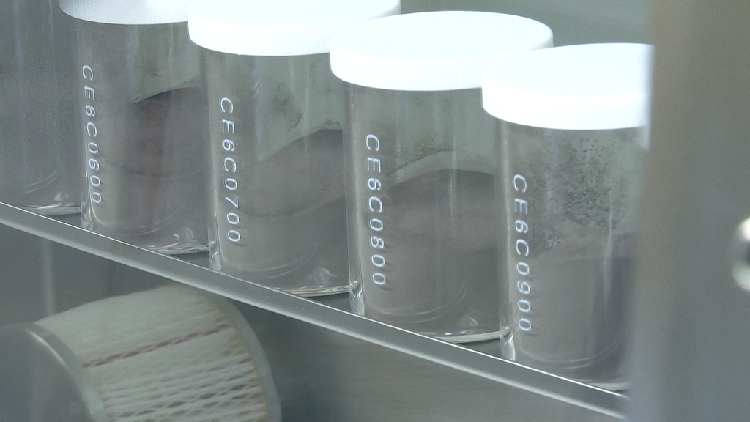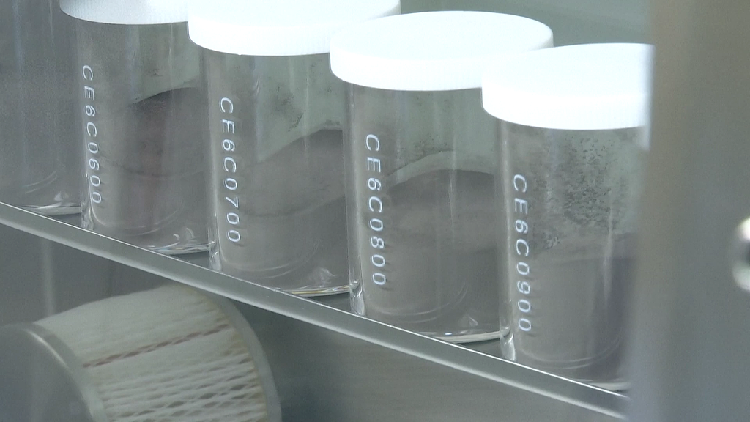CNSA to open access to Chang'e-6 lunar samples to global scientists


The China National Space Administration (CNSA) plans to open Chang’e-6 lunar soil sample applications to scientists around the world, Bian Zhigang, vice administrator of the CNSA, told CGTN in an interview earlier this week, adding that they will continue to be open to global scientists in the future.
“This is our policy,” Bian said.
He said international cooperation in space will advance to higher levels and in new ways for future missions.
“For many future missions, we could be working with international partners starting at the design stage, for example, with the International Lunar Research Station (ILRS),” he said. “From the very beginning, there will be joint design and construction, and then all will share the benefits.”
China has invited international partners to build the ILRS.
The Chang’e-7, China’s next lunar exploration mission scheduled for around 2026, will carry six international payloads.
China also opened applications for Chang’e-5 lunar soil samples to international scientists last November.
New findings from Chang’e-6 samples
Scientists have been interested in Chang’e-6 lunar soil samples, the first-ever lunar soil samples gathered from the far side of the moon.
The Chang’e-6 returned with 1,935.3 grams of samples from the far side of the moon in late June.
Now, research is revealing what the far side of the moon, the side forever turned away from Earth, is like.
The Chang’e-6 samples differ from samples gathered by the Chang’e-5 mission from the moon’s near side.
“Based on current research findings, comparing the samples of the Chang’e-6 with the Chang’e-5, the Chang’e-6 samples are lighter in color than those from the Chang’e-5,” Zuo Wei, chief designer of the Ground Application System for Chang’e-6 Mission told CGTN.
She also said the Chang’e-6 and Chang’e-5 samples differ in composition.
“The Chang’e-6 soil samples have a lower density than previous samples, indicating a more loosely structured composition,” She said.
Twelve institutions in China have received the precious far side of the moon samples for further research.
Zuo said she believes many new findings with Chang’e-6 samples will soon emerge. The samples are expected to help answer key questions about the moon.
“Various fields are eagerly anticipating the Chang’e-6 lunar soil samples,” she said.
More cooperation expected in lunar exploration
The Chang’e-6 mission marks another milestone in China’s lunar exploration.
The probe also carried four international scientific payloads, each achieving their own breakthroughs.
Hu Hao, the chief designer of the Chang’e-6 mission, told CGTN that more international cooperation could emerge as China and international partners gained a better understanding of each other through the mission.
“Through cooperation this time, we’ve gained mutual understanding with participating countries and institutions and have new expectations for future cooperation goals and outcomes,” Hu said.
“We’ve reached consensus on work procedures and areas of interest, and we’ll definitely strengthen cooperation in the future,” he said.
(Cover via CFP)





